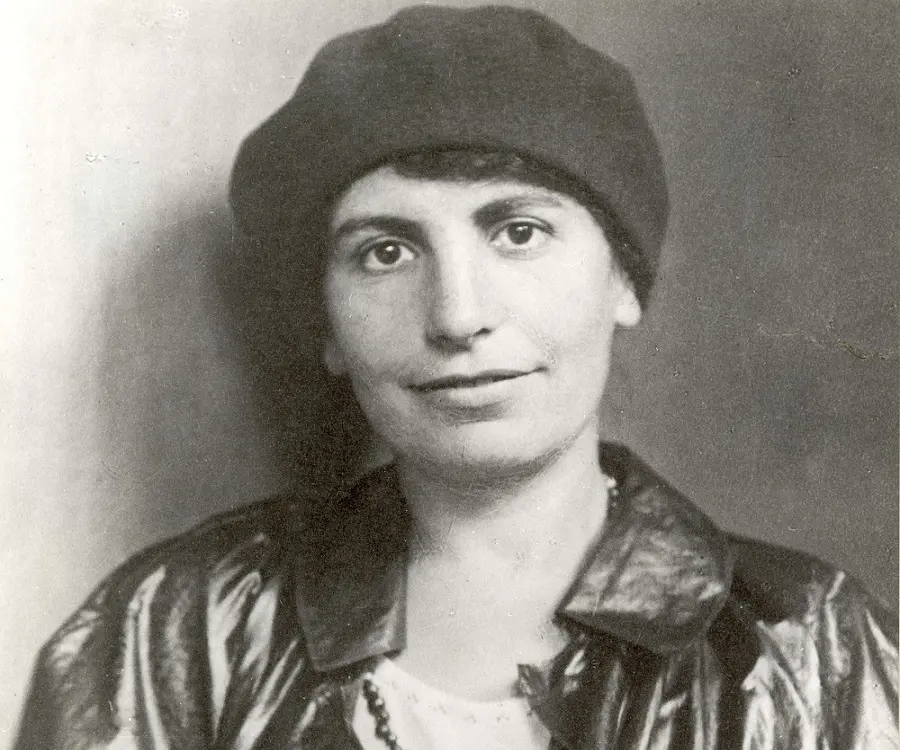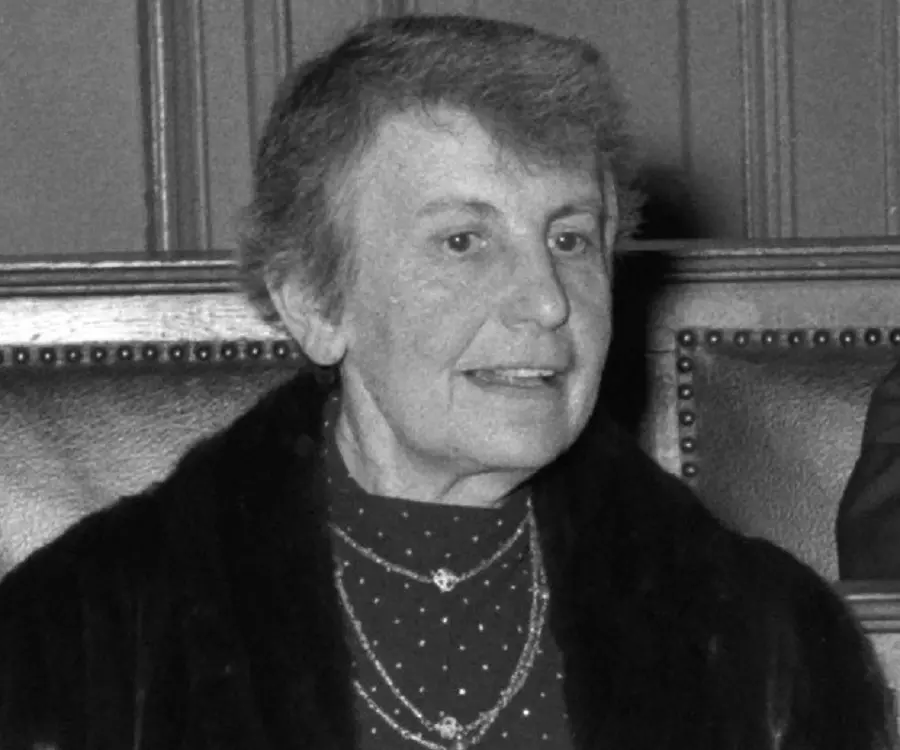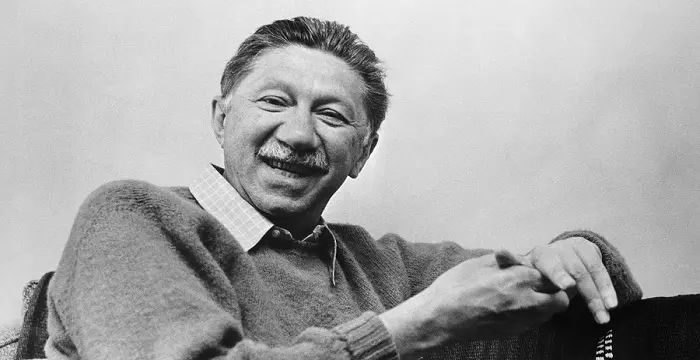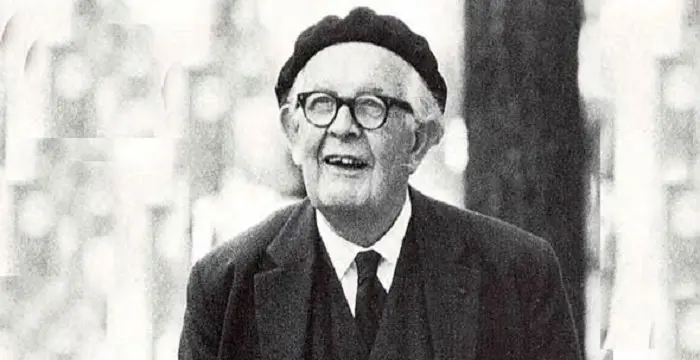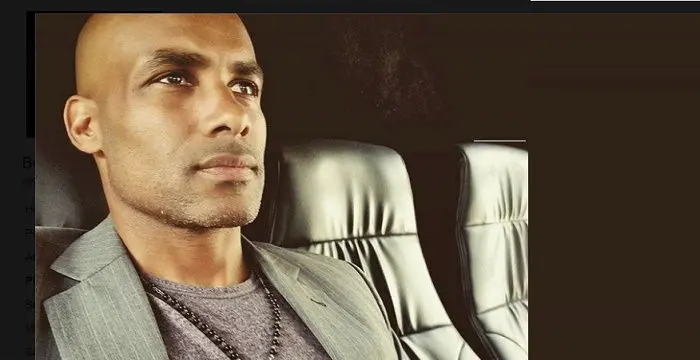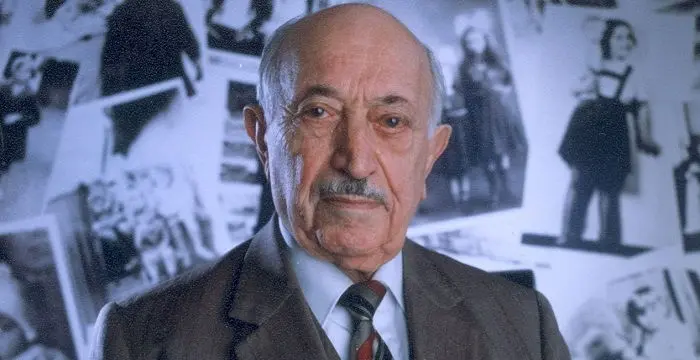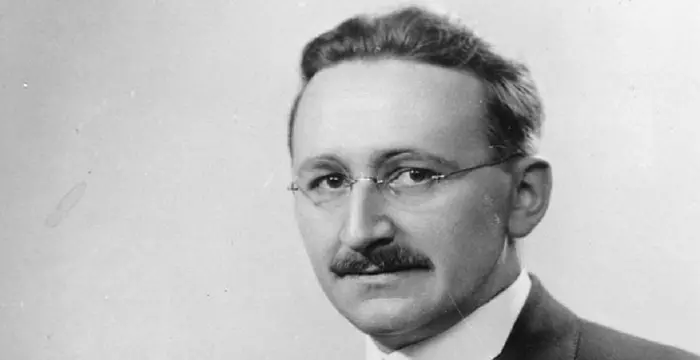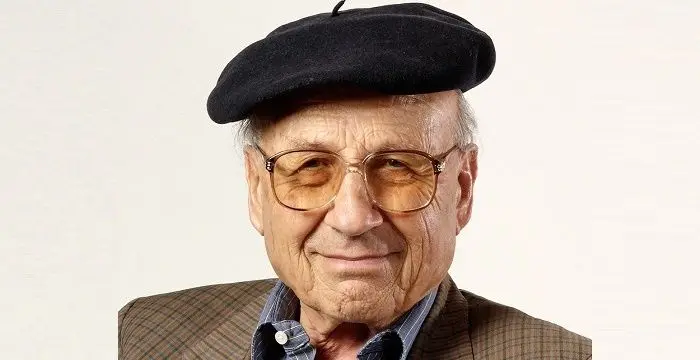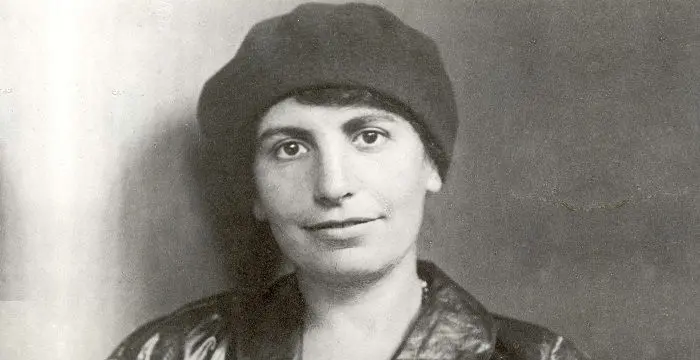
Anna Freud - Founder of Psychoanalytic Child Psychology, Career and Family
Anna Freud's Personal Details
Anna Freud was an Austrian psychologist, a pioneer in the field of child psychoanalysis
| Information | Detail |
|---|---|
| Birthday | December 3, 1895 |
| Died on | October 9, 1982 |
| Nationality | Austrian |
| Famous | Intellectuals & Academics, Psychologists, Founder of Psychoanalytic Child Psychology |
| Siblings | Sophie Freud |
| Birth Place | Vienna |
| Religion | Atheist |
| Gender | Female |
| Father | Sigmund Freud |
| Mother | Martha Bernays |
| Sun Sign | Sagittarius |
| Born in | Vienna |
| Famous as | Founder of psychoanalytic child psychology |
| Died at Age | 86 |
Anna Freud's photo
Who is Anna Freud?
Anna Freud was an Austrian psychologist, a pioneer in the field of child psychoanalysis, who defined the function of “ego” in psychology. The youngest daughter of Sigmund Freud, the father of psychoanalysis, Anna was devoted to her father and enjoyed developing psychoanalytic theory and practice. As a young woman she taught at elementary school, and her daily observation of children drew her to child psychology. She is most noted for her work with children and the concept of children undergoing analysis. She discovered that children often required different psychological treatment as compared to adults and emphasized the role that early disruptions in attachment could play a role in the subsequent development of psychological problems. Her experience as a school teacher added to her knowledge of ego psychology and helped her maintain The Hampstead Child Therapy Clinic. Her publication ‘The Ego and Mechanisms of Defense’ is considered to be a groundbreaking work in the development of adolescent psychology. During the World War II, she also established war nursery with an aim to help the children form attachments by providing continuity of relationships with the helpers and by encouraging mothers to visit as often as possible. Until the final years of her life, she travelled regularly to the United States to lecture, teach and visit friends. Her life was spent in constant search for useful social applications of psychoanalysis, especially in treating children and in learning from them.
// Famous Psychologists
Abraham Maslow
Abraham Maslow was a humanistic psychologist best known for his theory of self-actualization. This biography of Abraham Maslow provides detailed information about his childhood, life, achievements, works & timeline.
Felicitas Rombold
Felicitas Rombold is a German model, academic and the wife of actor Daniel Brühl. Check out this biography to know about her birthday, childhood, family life, achievements and fun facts about her.
Jean Piaget
Jean Piaget was a psychologist and philosopher known for his theory of cognitive development. This biography of Jean Piaget provides detailed information about his childhood, life, achievements, works & timeline.
Childhood & Early Life
She was born on December 3, 1895 in Vienna, Austria-Hungary, to Sigmund Freud, a neurologist now known as the ‘father of psychoanalysis’, and his wife, Martha Bernays.She had five elder siblings: Mathilde, Jean Martin, Oliver, Ernst and Sophie.
From an early age, she had a strained relationship with her mother and also remained distant from her five siblings. She had major difficulty in getting along with her sister Sophie, who was very attractive and with whom she rivaled for her father’s attention.
She also suffered from depression which caused chronic eating disorders and was repeatedly sent to health farms for thorough rest. Despite her misfits, she developed a close relationship with her father who was very fond of her.
She received most of her education from her father despite attending schools. In 1912, after completing her education from the Cottage Lyceum in Vienna, she traveled to Italy to stay with her grandmother. From there she went alone to England in 1914 but was soon forced to return to her homeland when the World War I broke out.
Career
In 1914, upon her return to Vienna, she began teaching at the Cottage Lyceum, her old school. From 1915 to 1917, she served there as a trainee, and then as a teacher from 1917 to 1920.
In 1918, she became actively involved in her father’s psychoanalysis study in which she was the subject of his research. In 1922, she was able to present the results of this analysis to the Vienna Psychoanalytic Society in a paper titled ‘The Relation of Beating Fantasies to a Daydream’.
Later she became a member of the Vienna Psychoanalytic Society and began working with children in private practice. Within two years, she was offered a teaching position at the Vienna Psychoanalytic Training Institute.
From 1927 to 1934, she served as the General Secretary of the ‘International Psychoanalytical Association’. In 1935, she became the director of the ‘Vienna Psychoanalytical Training Institute’. Later, she published her book ‘The Ego and the Mechanisms of Defense’, a study that laid the groundwork for the field of ego psychology.
During this time she also founded the Hietzing School, along with Dorothy Burlingham and Eva Rosenfeld. The school was an attempt to create a more holistic educational curriculum informed by psychoanalytic principles.
In 1938, when the Nazi threat became unsustainable, she fled to London along with her father. In 1941, she formed the ‘Hampstead War Nursery’ which served as a psychoanalytic program and home for homeless children.
She also published three books ‘Young Children in Wartime’ (1942), ‘Infants Without Families’ (1943), and ‘War and Children’ (1943) based on her experiences at the war nursery.
She established the ‘Hampstead Child Therapy Course and Clinic’ and served as its director from 1952 until her death.
In 1965, she published her work ‘Normality and Pathology in Childhood’. In it she explained her hypothesis that children go through normal developmental stages against which everyone can be assessed, and that this capacity to develop is the key component of the diagnostic process.
Later in life, she visited Yale Law School and conducted courses on crime and its effect on family relationships. In 1973, she published ‘Beyond the Best Interests of the Child’ with Albert Solnit and Joseph Goldstein.
Major Works
She created the field of child psychoanalysis and her work contributed greatly to the understanding of child psychology. She noted that children’s symptoms differed from those of adults and were often related to developmental stages.
One of her most significant published works is ‘The Ego and the Mechanisms of Defense’ in which she outlined and expanded upon her father's theory of psychological defense mechanisms.
Awards & Achievements
In 1965, she received the Dolly Madison Award.
In 1967, she was named a Commander of the British Empire by Queen Elizabeth II.
In 1975, she was awarded an MD degree from the University of Vienna. The same year, she also received the Grand Decoration of Honor in Gold.
Personal Life & Legacy
She died on October 9, 1982 in London, England, at the age of 86.
// Famous Intellectuals & Academics
Bertil Gotthard Ohlin
Bertil Gotthard Ohlin was a famous Swedish economist. This biography profiles his childhood, family life & achievements.
Emily Greene Balch
Emily Greene Balch was an American economist, sociologist and pacifist who won the 1946 Nobel Peace Prize. This biography of Emily Greene Balch provides detailed information about her childhood, life, achievements, works & timeline.
Martin Buber
One of the greatest philosophers to have ever walked on earth, Martin Buber contributions to philosophy is a long-standing one. Explore all about his profile, childhood, life and timeline here.
Anna Freud biography timelines
- // 3rd Dec 1895She was born on December 3, 1895 in Vienna, Austria-Hungary, to Sigmund Freud, a neurologist now known as the ‘father of psychoanalysis’, and his wife, Martha Bernays.She had five elder siblings: Mathilde, Jean Martin, Oliver, Ernst and Sophie.
- // 1912She received most of her education from her father despite attending schools. In 1912, after completing her education from the Cottage Lyceum in Vienna, she traveled to Italy to stay with her grandmother. From there she went alone to England in 1914 but was soon forced to return to her homeland when the World War I broke out.
- // 1914In 1914, upon her return to Vienna, she began teaching at the Cottage Lyceum, her old school. From 1915 to 1917, she served there as a trainee, and then as a teacher from 1917 to 1920.
- // 1918 To 1922In 1918, she became actively involved in her father’s psychoanalysis study in which she was the subject of his research. In 1922, she was able to present the results of this analysis to the Vienna Psychoanalytic Society in a paper titled ‘The Relation of Beating Fantasies to a Daydream’.
- // 1927 To 1935From 1927 to 1934, she served as the General Secretary of the ‘International Psychoanalytical Association’. In 1935, she became the director of the ‘Vienna Psychoanalytical Training Institute’. Later, she published her book ‘The Ego and the Mechanisms of Defense’, a study that laid the groundwork for the field of ego psychology.
- // 1938 To 1941In 1938, when the Nazi threat became unsustainable, she fled to London along with her father. In 1941, she formed the ‘Hampstead War Nursery’ which served as a psychoanalytic program and home for homeless children.
- // 1952She established the ‘Hampstead Child Therapy Course and Clinic’ and served as its director from 1952 until her death.
- // 1965In 1965, she published her work ‘Normality and Pathology in Childhood’. In it she explained her hypothesis that children go through normal developmental stages against which everyone can be assessed, and that this capacity to develop is the key component of the diagnostic process.
- // 1965In 1965, she received the Dolly Madison Award.
- // 1967In 1967, she was named a Commander of the British Empire by Queen Elizabeth II.
- // 1973Later in life, she visited Yale Law School and conducted courses on crime and its effect on family relationships. In 1973, she published ‘Beyond the Best Interests of the Child’ with Albert Solnit and Joseph Goldstein.
- // 1975In 1975, she was awarded an MD degree from the University of Vienna. The same year, she also received the Grand Decoration of Honor in Gold.
- // 9th Oct 1982She died on October 9, 1982 in London, England, at the age of 86.
// Famous Austrian peoples
Martin Buber
One of the greatest philosophers to have ever walked on earth, Martin Buber contributions to philosophy is a long-standing one. Explore all about his profile, childhood, life and timeline here.
Boris Kodjoe
Boris Kodjoe is a German-Ghanaian actor from Austria. Check out this biography to know about his childhood, family life, achievements and fun facts about him.
Simon Wiesenthal
Simon Wiesenthal was an Austrian writer and a famous Nazi hunter. This biography gives detailed information about his childhood, life, works, and timeline.
Friedrich von Hayek
Friedrich von Hayek was a Nobel Prize winning Austrian-British economist and philosopher, best known for his defense of classical liberalism. Check out this biography to know about his childhood, family life and achievements.
Walter Kohn
Nobel Laureate Walter Kohn was an Austrian-born American theoretical chemist and physicist. Check out this biography to know about his childhood, life, achievements, works & timeline.
Reina Triendl
Reina Triendl is a Japanese fashion model, actor, and tarento. Explore more about her childhood, family, personal life, career, etc.
Anna Freud's FAQ
What is Anna Freud birthday?
Anna Freud was born at 1895-12-03
When was Anna Freud died?
Anna Freud was died at 1982-10-09
Where was Anna Freud died?
Anna Freud was died in London
Which age was Anna Freud died?
Anna Freud was died at age 86
Where is Anna Freud's birth place?
Anna Freud was born in Vienna
What is Anna Freud nationalities?
Anna Freud's nationalities is Austrian
Who is Anna Freud siblings?
Anna Freud's siblings is Sophie Freud
What is Anna Freud's religion?
Anna Freud's religion is Atheist
Who is Anna Freud's father?
Anna Freud's father is Sigmund Freud
Who is Anna Freud's mother?
Anna Freud's mother is Martha Bernays
What is Anna Freud's sun sign?
Anna Freud is Sagittarius
How famous is Anna Freud?
Anna Freud is famouse as Founder of psychoanalytic child psychology
